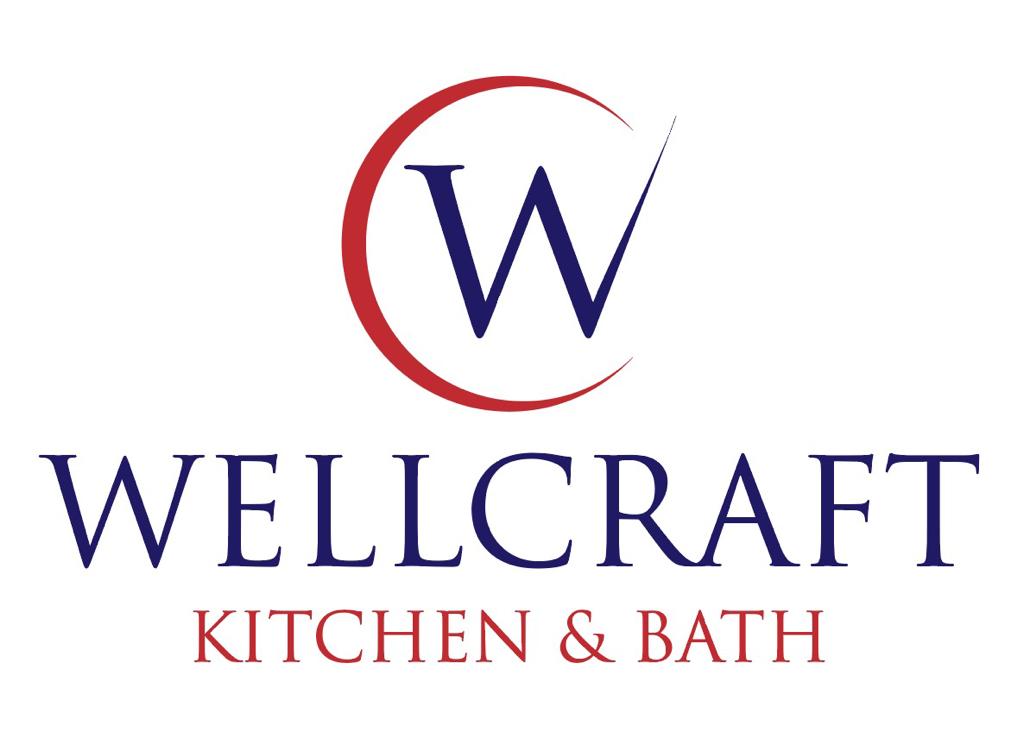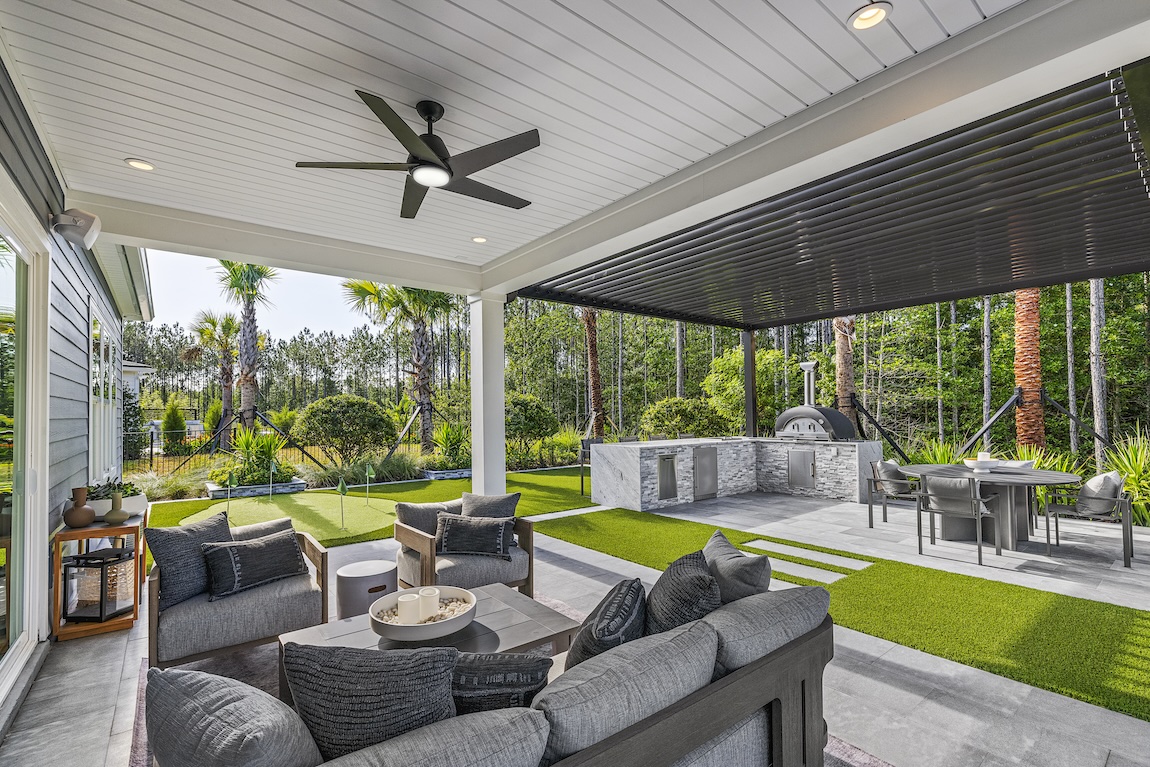When it comes to creating the perfect outdoor living near Virginia, homeowners are discovering that their backyards hold untapped potential for both comfort and style. Virginia’s favorable climate, with its four distinct seasons and mild temperatures, provides an ideal backdrop for outdoor entertainment, relaxation, and family gatherings. Whether you’re a new resident looking to make your mark or a longtime homeowner seeking to increase property value, investing in outdoor living spaces Virginia can transform your home into a personal retreat.
The growing trend of outdoor kitchen Virginia designs and patio design Virginia solutions reflects a shift in how we view our outdoor spaces. No longer just areas for occasional barbecues, today’s outdoor living areas serve as extensions of our homes, complete with cooking facilities, comfortable seating, and weather-resistant entertainment options.
Contents
- 1 Why Virginia is Perfect for Outdoor Living
- 2 Essential Elements of Outdoor Living Spaces
- 3 Design Styles for Virginia Outdoor Spaces
- 4 Materials and Construction Considerations
- 5 Outdoor Kitchen and Entertainment Features
- 6 Seasonal Adaptability and Weather Protection
- 7 Professional Installation and Maintenance
- 8 Frequently Asked Questions
- 8.1 What is the average cost of outdoor living projects in Virginia?
- 8.2 How long does outdoor living installation typically take?
- 8.3 What maintenance is required for outdoor living spaces?
- 8.4 Can outdoor living spaces be used year-round in Virginia?
- 8.5 Do outdoor living improvements require permits in Virginia?
- 9 Source Links
Why Virginia is Perfect for Outdoor Living
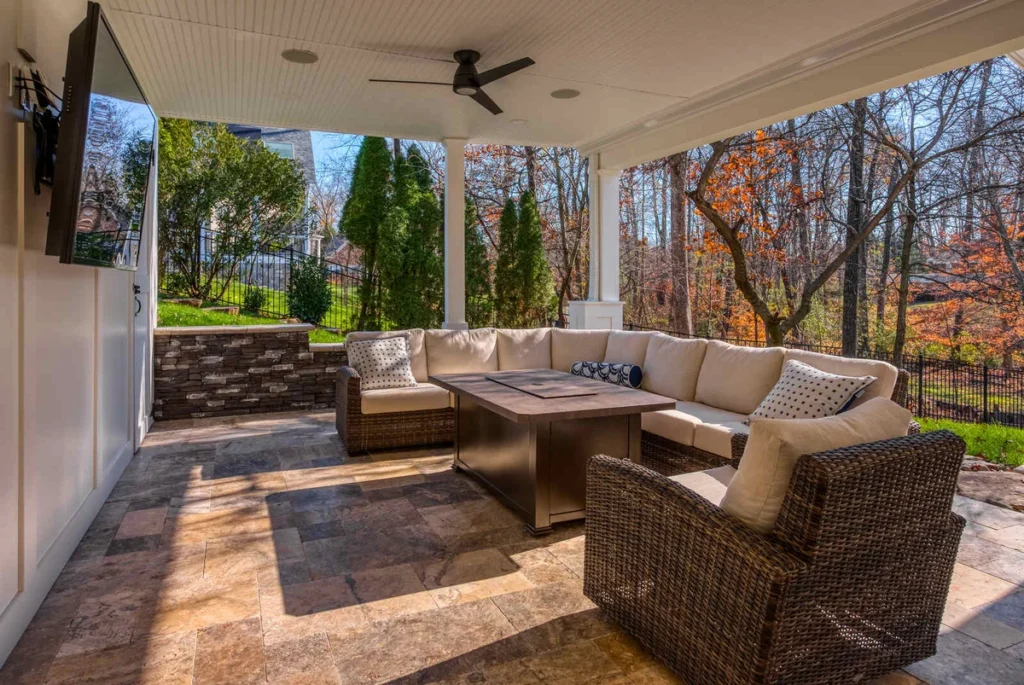
Climate Advantages for Year-Round Enjoyment
Virginia’s temperate climate offers extended outdoor seasons, making outdoor living near Virginia an excellent investment. With average temperatures ranging from 60-80°F during spring and fall, homeowners can enjoy their outdoor spaces for approximately 8-9 months of the year. The state’s moderate humidity levels and gentle breezes create comfortable conditions for outdoor dining and entertainment.
The barrette outdoor living philosophy emphasizes maximizing these natural advantages through strategic design and quality materials. Virginia’s climate allows for diverse plant selections, from native dogwoods to ornamental grasses, creating natural privacy screens and beautiful landscaping integration.
Geographic Benefits and Natural Beauty
Virginia’s diverse topography, from rolling hills to coastal plains, provides unique opportunities for outdoor entertainment spaces. The natural elevation changes in many Virginia properties allow for terraced designs, multi-level patios, and stunning vista views. This geographic diversity means that each outdoor living project can be uniquely tailored to take advantage of specific site conditions.
Property Value Enhancement in Virginia Markets
Recent market analysis shows that well-designed outdoor living spaces can increase property values by 15-25% in Virginia’s competitive real estate market. Virginia backyard renovation projects consistently rank among the highest ROI home improvements, particularly in areas like Sterling, Fairfax, and Loudoun County.
Essential Elements of Outdoor Living Spaces
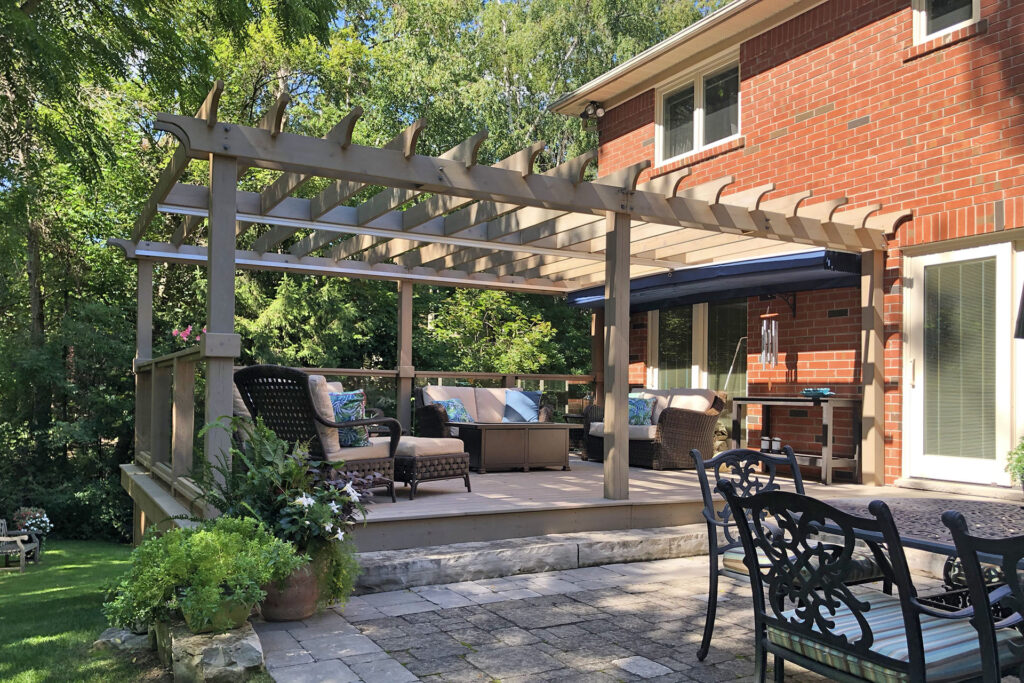
Foundation and Structural Components
The foundation of any successful outdoor living spaces Virginia project begins with proper planning and structural integrity. Deck installation Virginia requires careful consideration of local building codes, soil conditions, and drainage requirements. Virginia’s clay-heavy soil in many regions necessitates specific foundation approaches to prevent settling and ensure longevity.
Professional contractors specializing in outdoor living contractors Virginia understand the importance of proper footings, adequate drainage, and structural support systems. These elements ensure that your outdoor space remains stable and safe for years of enjoyment.
Functional Zones and Layout Planning
Effective outdoor living design incorporates multiple functional zones within a cohesive layout. These typically include cooking areas, dining spaces, relaxation zones, and entertainment areas. The key to successful patio design Virginia lies in creating smooth transitions between these zones while maintaining visual harmony.
Consider traffic flow patterns, sight lines, and accessibility when planning your layout. Professional designers often recommend the “triangle concept” for outdoor kitchens, similar to indoor kitchen design, ensuring efficient movement between cooking, preparation, and serving areas.
Integration with Existing Architecture
Successful outdoor living spaces complement and extend your home’s architectural style rather than competing with it. This integration involves matching materials, colors, and design elements that create a seamless transition from indoor to outdoor living. Pergola construction Virginia projects often serve as transitional elements, providing partial coverage while maintaining the open-air feeling.
Design Styles for Virginia Outdoor Spaces
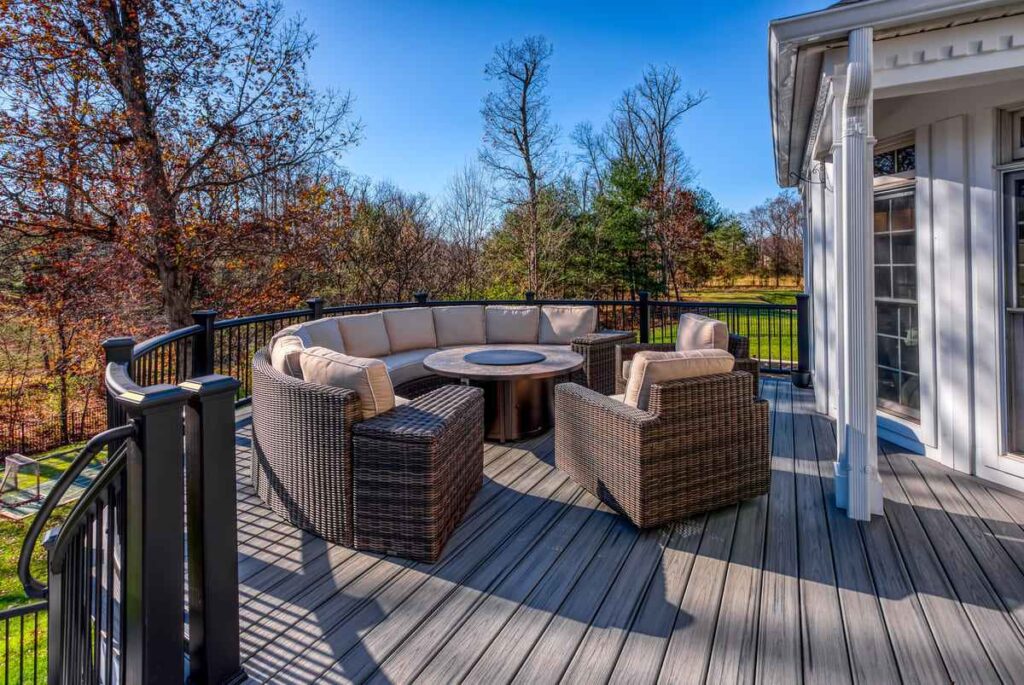
Modern Contemporary Designs
Modern outdoor living embraces clean lines, minimalist aesthetics, and innovative materials. Outdoor kitchen Virginia designs in the contemporary style often feature sleek stainless steel appliances, concrete countertops, and geometric fire features. These designs work particularly well with newer construction homes and appeal to homeowners seeking sophisticated, low-maintenance solutions.
Contemporary designs often incorporate technology seamlessly, with built-in sound systems, LED lighting, and smart home integration. The emphasis on functionality and efficiency makes these designs popular among busy professionals in the Virginia area.
Traditional and Classic Approaches
Traditional outdoor living designs draw inspiration from timeless architectural elements and natural materials. Brick patios, stone fireplaces, and wooden pergolas create warm, inviting spaces that complement Virginia’s historic architecture. These designs often incorporate curved lines, ornate details, and rich textures that age beautifully over time.
Traditional barrette outdoor living installations often feature classic outdoor furniture, established landscaping, and time-tested materials that provide lasting value and appeal.
Rustic and Natural Integration
Rustic designs celebrate Virginia’s natural beauty by incorporating native materials and organic forms. Natural stone, reclaimed wood, and native plantings create spaces that feel like natural extensions of the landscape. These designs often feature irregular shapes, varied textures, and earth-tone color palettes.
Rustic outdoor spaces frequently include features like stone fire pits, wooden pergolas with climbing vines, and natural water features that attract local wildlife and create peaceful environments.
Materials and Construction Considerations
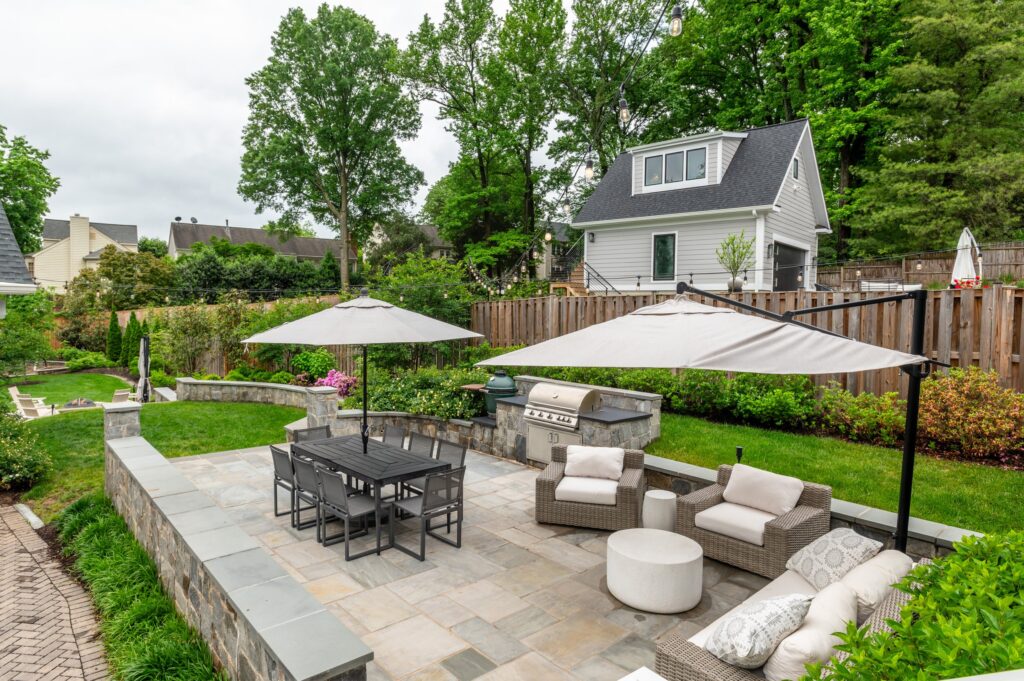
Durable Decking and Flooring Options
Virginia’s climate demands materials that can withstand temperature fluctuations, moisture, and UV exposure. Deck installation Virginia projects benefit from composite decking materials that offer the appearance of natural wood with enhanced durability and reduced maintenance requirements.
Natural stone options like Virginia fieldstone, bluestone, and flagstone provide excellent durability and regional authenticity. These materials develop attractive patinas over time and require minimal maintenance while providing excellent slip resistance and weather tolerance.
Weather-Resistant Structures and Features
Pergola construction Virginia requires materials and techniques that address the state’s weather patterns, including occasional severe storms and winter freeze-thaw cycles. Pressure-treated lumber, aluminum, and steel structures provide longevity when properly installed and maintained.
Roofing materials for covered areas should resist wind uplift, handle snow loads, and provide adequate drainage. Professional contractors understand local wind loads and snow requirements, ensuring structures meet or exceed building code requirements.
Sustainable and Eco-Friendly Choices
Environmentally conscious homeowners increasingly choose sustainable materials and practices for their outdoor living spaces Virginia. Recycled composite materials, locally sourced stone, and native plant selections reduce environmental impact while creating beautiful, functional spaces.
Permeable paving materials help manage stormwater runoff, while native landscaping reduces irrigation needs and supports local ecosystems. These choices often qualify for local environmental incentives and contribute to LEED certification goals.
Outdoor Kitchen and Entertainment Features
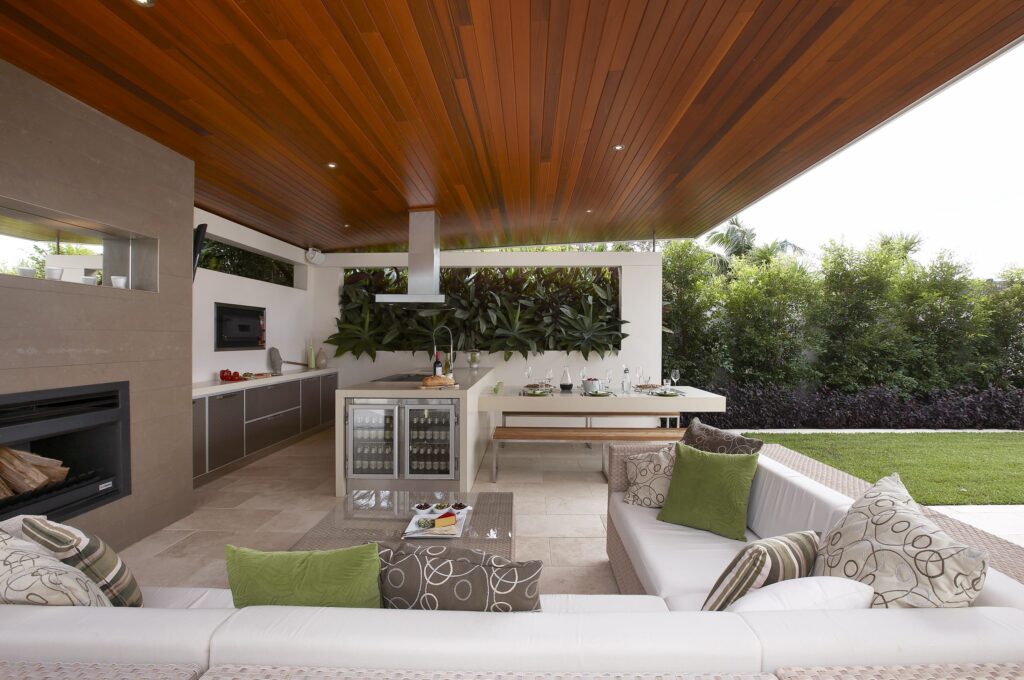
Essential Appliances and Equipment
Modern outdoor kitchen Virginia installations go far beyond simple grills to include full cooking suites with refrigeration, storage, and preparation areas. Essential appliances include high-quality gas grills, side burners, refrigerator drawers, and adequate storage for utensils and supplies.
Professional-grade equipment designed for outdoor use withstands weather exposure while providing restaurant-quality cooking capabilities. Stainless steel construction, weather-resistant controls, and proper ventilation ensure safe, enjoyable cooking experiences.
Entertainment and Technology Integration
Today’s outdoor entertainment spaces incorporate technology seamlessly while maintaining the natural outdoor experience. Weather-resistant audio systems, outdoor televisions, and smart lighting controls enhance functionality without overwhelming the natural setting.
Electrical planning should include adequate outlets, proper GFCI protection, and consideration for future technology additions. Professional installation ensures safety and code compliance while providing flexibility for changing needs.
Fire Features and Heating Solutions
Fire features serve as focal points while extending the usable season for outdoor spaces. Options range from simple fire bowls to elaborate outdoor fireplaces with seating areas. Gas fire features provide convenience and safety, while wood-burning options offer traditional ambiance and cooking capabilities.
Heating solutions allow comfortable use during Virginia’s cooler months, with options including overhead heaters, fire tables, and enclosed fire pits that provide warmth while creating gathering spaces.
Seasonal Adaptability and Weather Protection
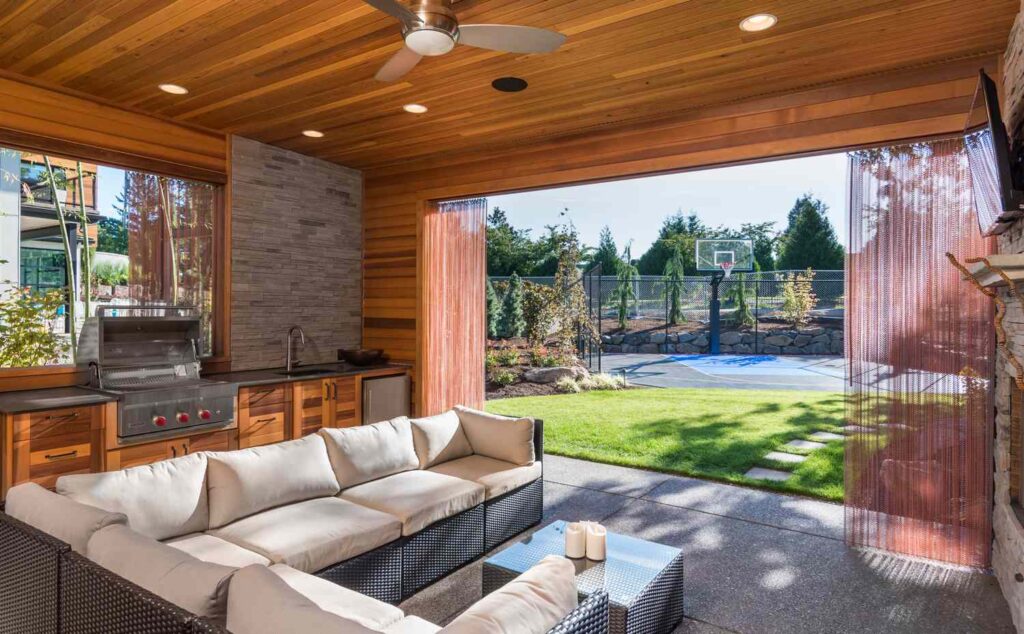
Four-Season Design Strategies
Virginia’s distinct seasons require outdoor spaces designed for year-round enjoyment. Outdoor living near Virginia projects benefit from features that adapt to changing weather conditions, including retractable awnings, removable panels, and flexible furniture arrangements.
Winter considerations include wind protection, heating options, and materials that handle freeze-thaw cycles. Summer planning addresses shade requirements, ventilation, and cooling strategies that maintain comfort during hot, humid periods.
Weatherproofing and Protection Systems
Effective weather protection extends the life of outdoor investments while ensuring year-round usability. Retractable awnings, pergola covers, and enclosed pavilions provide flexible protection options that adapt to changing conditions.
Drainage systems prevent water damage and ice formation, while proper grading ensures water flows away from structures and seating areas. Professional installation includes these critical elements that protect both the investment and user safety.
Maintenance and Longevity Planning
Long-term enjoyment of Virginia backyard renovation projects requires planning for ongoing maintenance and seasonal care. Different materials have varying maintenance requirements, from annual deck staining to periodic stone sealing and equipment servicing.
Professional maintenance programs ensure optimal performance and appearance while identifying potential issues before they become costly problems. Regular care extends the life of outdoor investments and maintains safety standards.
Professional Installation and Maintenance
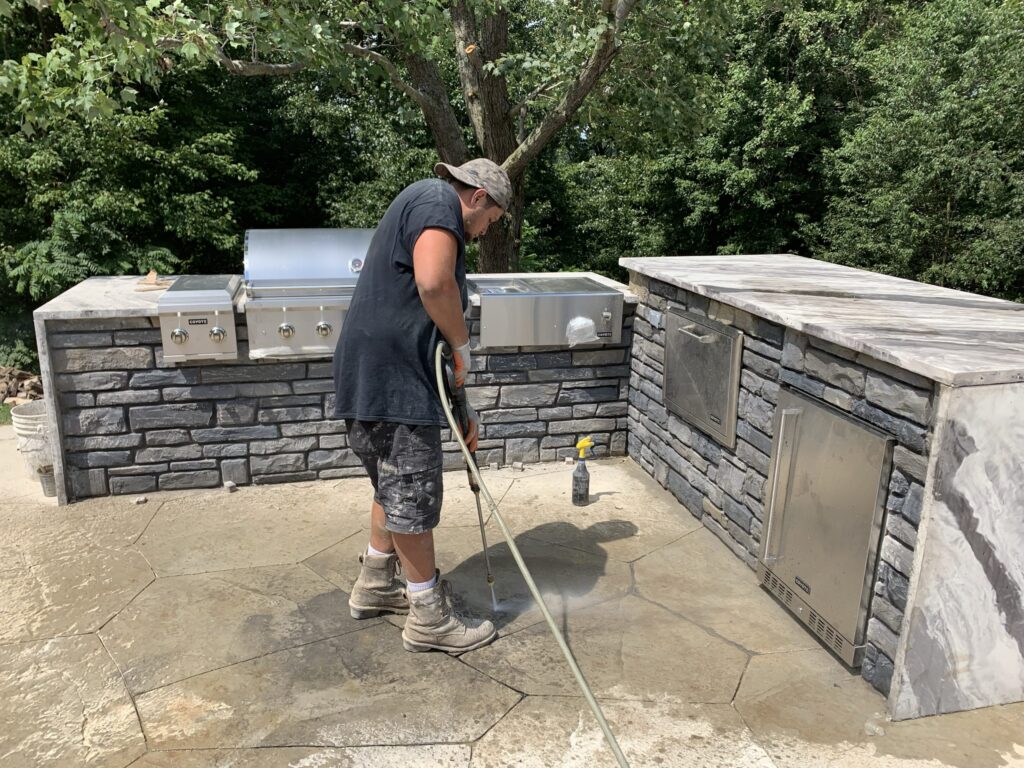
Choosing the Right Contractors
Selecting qualified outdoor living contractors Virginia ensures professional results and code compliance. Look for contractors with specific outdoor living experience, proper licensing and insurance, and local references from similar projects.
Professional contractors understand local building codes, permit requirements, and best practices for Virginia’s climate conditions. They provide warranties, use quality materials, and follow established safety protocols throughout the construction process.
Permits and Code Compliance
Most outdoor living projects require permits and must comply with local building codes. Professional contractors handle permit applications, inspections, and ensure all work meets current safety and structural requirements.
Setback requirements, utility clearances, and structural specifications vary by locality within Virginia. Experienced contractors navigate these requirements efficiently while ensuring full compliance and avoiding costly corrections.
Quality Assurance and Warranties
Professional installation includes quality assurance measures and comprehensive warranties that protect your investment. Reputable contractors provide material and workmanship warranties, follow-up service, and ongoing support for maintenance questions.
Quality installation prevents common problems like drainage issues, structural settling, and premature material failure. Professional work includes proper preparation, quality materials, and attention to detail that ensures long-term satisfaction.
At Wellcraft Kitchens, we specialize in creating exceptional outdoor living spaces that combine comfort, style, and functionality. Our experienced team understands Virginia’s unique climate and lifestyle requirements, delivering custom solutions that enhance your home’s value and your family’s enjoyment.
Ready to transform your backyard into the outdoor living space of your dreams? Contact us today or visit our showroom . You can also reach us at info@wellcraftkitchens.com or explore our portfolio at https://wellcraftkitchens.com/.
Frequently Asked Questions
How long does outdoor living installation typically take?
Installation timelines depend on project scope and complexity. Simple patio installations may take 1-2 weeks, while comprehensive outdoor living spaces with kitchens and structures typically require 4-8 weeks. Weather conditions, permit processing, and material availability can affect timelines. Professional contractors provide detailed schedules and regular progress updates.
What maintenance is required for outdoor living spaces?
Maintenance requirements vary by materials and features. Composite decking requires periodic cleaning and inspection, while natural stone may need annual sealing. Outdoor kitchens require regular cleaning and seasonal equipment maintenance. Most outdoor living spaces benefit from professional annual inspections and maintenance services.
Can outdoor living spaces be used year-round in Virginia?
Yes, with proper design and features, outdoor spaces can be enjoyed year-round in Virginia. Heating elements, wind protection, and covered areas extend usability through cooler months. Many homeowners use their outdoor spaces 8-10 months per year, with winter use depending on personal comfort preferences and installed amenities.
Do outdoor living improvements require permits in Virginia?
Most outdoor living projects require permits, particularly those involving structures, electrical work, or gas connections. Permit requirements vary by locality and project scope. Professional contractors handle permit applications and ensure all work complies with local building codes and safety requirements.
Source Links
Content Research Sources:
- Virginia Department of Housing and Community Development – Building Codes and Regulations – https://www.dhcd.virginia.gov/
- National Association of Home Builders – Outdoor Living Trends – https://www.nahb.org/
- Better Homes & Gardens – Outdoor Living Design Ideas – https://www.bhg.com/
- Virginia Cooperative Extension – Landscape Design Guidelines – https://ext.vt.edu/
- International Code Council – Building Code Requirements – https://www.iccsafe.org/
